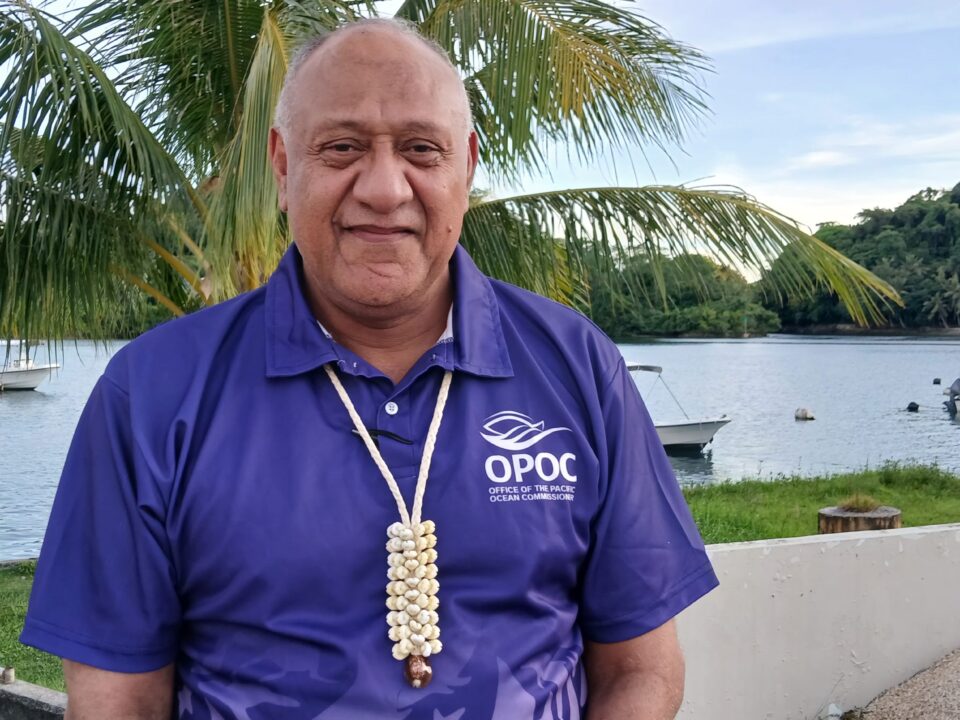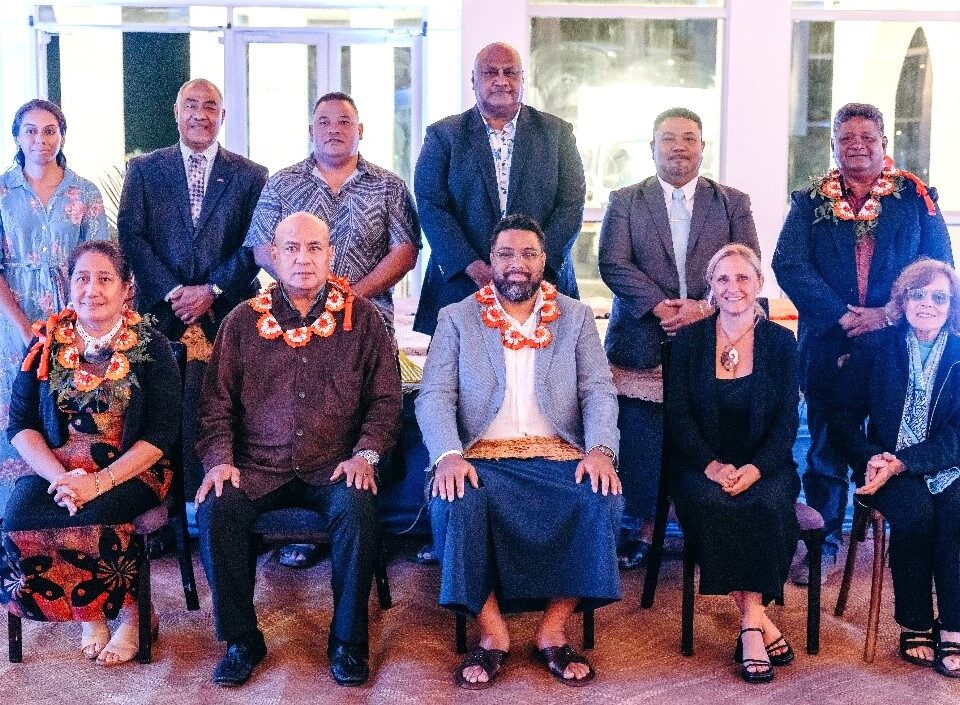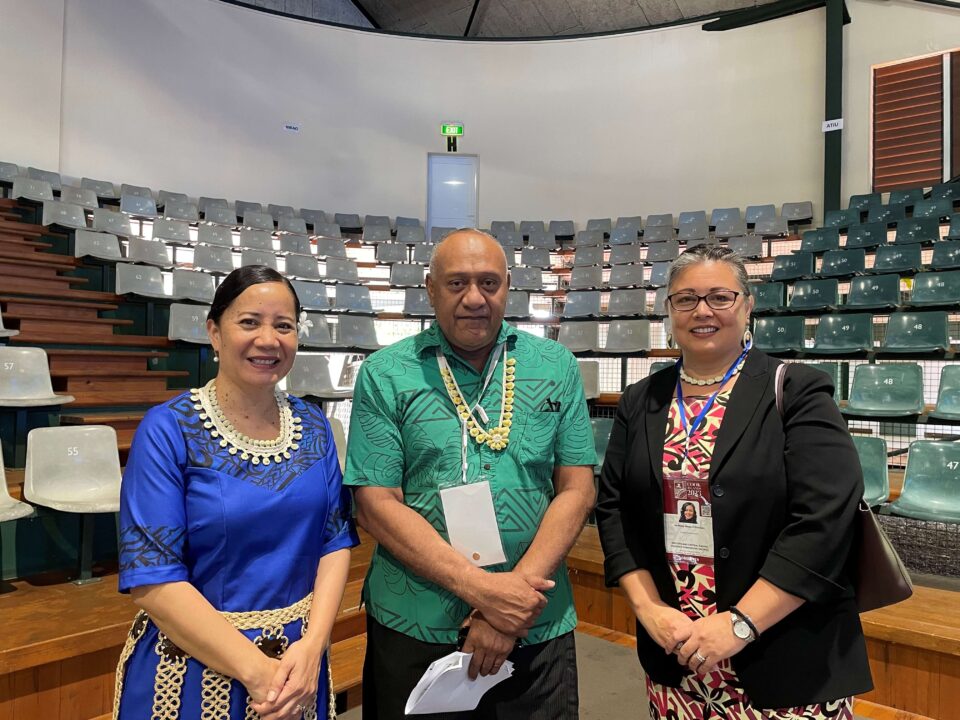
The third round of negotiation to establish a new global treaty to oversee the management and sustainable use of marine biodiversity in the high seas concluded in New York Friday – with delegates agreeing that more work needs to be done between now and March next year to bridge the gaps and find common ‘landing zones’ to operationalise the treaty.
President of the Intergovernmental Conference (IGC), Ambassador Rena Lee of Singapore has the difficult task of amalgamating all the positions and proposals with the help of the four facilitators to prepare a revised draft for the fourth IGC in March next year.
“I have heard the call for the early release of the revised text by October this year. But it is likely to be released later as the United Nations General Assembly is coming up, said Ambassador Lee before she closed the negotiations Friday.
She said the revised text will not include all the proposals submitted or discussed at IGC3.
“The fourth IGC conference at the end of March next year will feature more parallel sessions and a number of stock-taking plenaries that will consider the four elements of the proposed treaty.
Some delegates were optimistic with the progress made at IGC3 particularly with the level of engagement from State Parties.
The High Seas Alliance, comprising 40 non-governmental organisations around the world – said there is some concern with the level of ambition shown by some countries at the third round of negotiations.
“After 15 years of discussions in capitals around the world and at the UN, we should not settle for a status quo agreement. We need to go well beyond that if we are to continue reaping the many services that the ocean provides.
“We must listen to the science, and the science tells us unequivocally, that as the 21stcentury unfolds, the ocean that nourished human evolution is poised to unleash misery on a global scale because we humans have mismanaged and exploited what has existed for a millennium.
“We now have before us a golden opportunity — and responsibility — to address all kinds of issues that no one even dreamed about in 1982 when UN Convention on the Law of the Sea (UNCLOS) was adopted, including ocean warming and acidification, massive dead zones, depletion of fish and marine biodiversity, noise, plastic and chemical pollution, and all the other pressures we now understand are threatening the ability of the ocean to sustain itself, and us, said the High Seas Alliance.
The group urged Parties to come prepared in March next year and step up ambition to reflect the magnitude of what is at stake to ensure the new legal instrument is able to address not just the problems identified then, but those of today and in the years to come.
Speaking on behalf of Pacific Islands Forum countries – which includes Australia and New Zealand, Tuvalu’s Permanent Representative to the United Nations, Ambassador Asela Penueta said Pacific countries want to ensure the new high seas treaty will not undermine existing relevant regimes in the region.
“We want to move beyond the status quo. Anything weaker than the relevant existing frameworks, instruments and bodies will leave us with an instrument that is ineffective and that may not add any practical value to the existing ocean governance and therefore would not be acceptable for us.
Ambassador Penueta said as stewards of the ocean and to achieve the Blue Pacific as mandated by Leaders, Pacific Islands Forum members in New York are ready to work through intersessional meetings to build the necessary bridges to reach an ambitious and comprehensive agreement.
This commitment was echoed by the chair of the Pacific Small Island Developing States (PSIDS) in New York, Ambassador Satyendra Prasad when he delivered his closing remarks on behalf of the group.
“For the PSIDS, we are encouraged by the constructive feedback from delegations and friends with regard to our priorities as Large Ocean States, on stewardship, adjacency, fair and equitable access to benefit-sharing, traditional knowledge and the special circumstances of SIDS.
“We also welcome further discussion on key points on respecting sovereign rights and jurisdiction over maritime zones and extended continental shelves, avoiding the transfer of a disproportionate burden of conservation action on SIDS and implementation and compliance, said Ambassador Prasad.
He said the 12 PSIDS countries approached the two weeks of negotiations with a spirit of openness and worked at ensuring a greater understanding of the many different varying perspectives.
“Our ability to join with our friends in making joint submissions of proposals is an indication of the Pacific’s readiness to come to the table and engage in meaningful discussions that will move us in the right direction.
Both PSIDS and the Pacific Islands Forum members hoped to receive the revised text by October this year.
“Keeping in mind the time remaining until the 2020 deadline, we look forward to the early release of the revised text, preferably by the end of October, taking into account clear areas of convergence so that we may progress discussions intersessionally amongst our various groupings and coalitions.
“We caution against a major streamlining effort that will produce a significantly different draft text and require extensive coordination prior to IGC4. Additionally, the PSIDS requests the opportunity for delegations to be allowed to make submissions of proposals before IGC4 based on the revised text in order to better prepare and make full use of the time available to us at the fourth substantive session of the IGC, said Ambassador Prasad.
For the Pacific – an effective instrument must achieve the following;
•Recognise and incorporate the relevant traditional knowledge of indigenous peoples and local communities, in light of the complementarity between science and traditional knowledge.
•Be inclusive and “leave no one behind”. In this respect, we reiterate the importance of recognizing the special circumstances of SIDS, as reflected in, for example, the UN Fish Stocks Agreement.
•Provide adequate consideration for adjacent coastal states so that, as a logical approach, if any activity in ABNJ poses potential threat or harm to or otherwise affects the national jurisdiction of a coastal State in close proximity to the proposed activity, then it becomes mandatory to consult and take into account the views of that adjacent coastal state as part of the entire decision making mechanism.
•Recognise the importance of our role as stewards of the ocean beyond national jurisdiction on behalf of present and future generations by protecting, caring for and ensuring responsible use of the marine environment; and
•Promote transparency in decision making processes and other activities carried out under this Agreement.
The fourth round of negotiations is expected to convene in the last two weeks of March next year.
PACNEWS coverage of the BBNJ IGC 3 in New York is made possible with funding support from the New Zealand Government through the Office of the Pacific Ocean Commissioner (OPOC).
Published: PACNEWS



